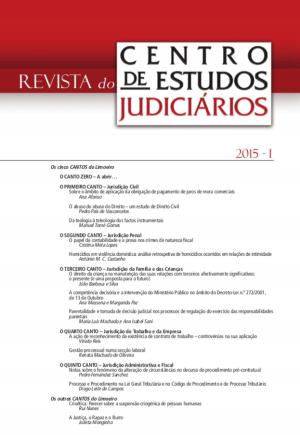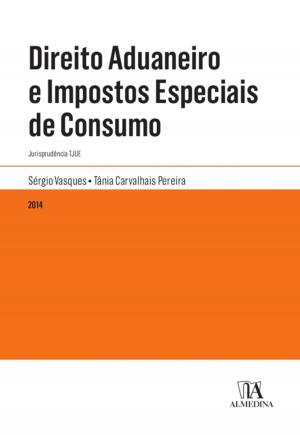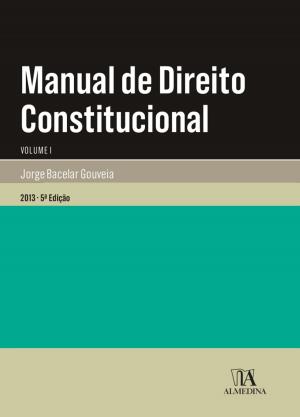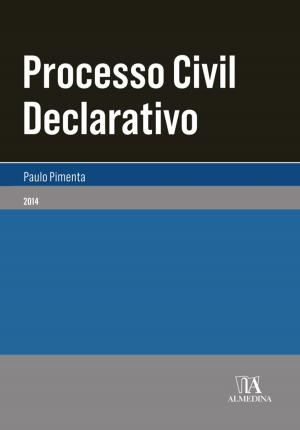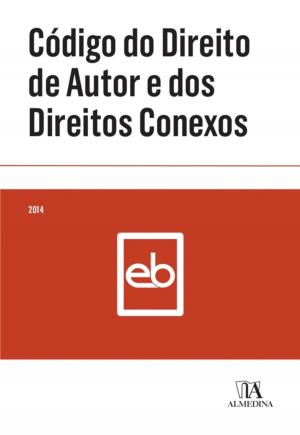Abuse under the Merger Directive - A different approach to the concept of 'valid comercial reasons'
Nonfiction, Reference & Language, Law, Taxation| Author: | Dinis Tracana | ISBN: | 9789724067780 |
| Publisher: | Almedina | Publication: | October 19, 2016 |
| Imprint: | Language: | Portuguese |
| Author: | Dinis Tracana |
| ISBN: | 9789724067780 |
| Publisher: | Almedina |
| Publication: | October 19, 2016 |
| Imprint: | |
| Language: | Portuguese |
This thesis, entitled "Abuse under the Merger Directive - A different approach to the concept of `valid commercial reasons'", deals with the issue of tax avoidance within the scope of the Merger Directive, where the Author attempts to determine the concept of `abuse' in the context of EU cross-border restructuring transactions and deal with some practical issues arising from the application of the Merger Directive's anti-abuse provision. In order to reach the conclusions sought by the Author, a first analysis regarding the importance of `abuse' in the tax field and the financial, social and legislative consequences of these conducts driven by tax avoidance or tax evasion purposes will be undertaken. Terminological issues concerning the meaning of the concepts of tax mitigation, 'tax evasion', 'tax fraud' and 'tax avoidance' and limitations to the application of domestic anti-abuse previsions will also be addressed. This study then analyses the requirements for the application of the Merger Directive and the underlying purpose for the tax deferral system, followed by a critical review of the ECJ's case-law on the Merger Directive's anti-abuse rule. The Author then determines the scope of the said rule, through the establishment of general criteria for the finding of `valid commercial reasons', as well as criteria for the application of presumptions of abuse. Finally, this thesis approaches several practical issues arising from the application of article 15 (1) (a) of the Merger Directive, namely whether Member-States are entitled to partially apply the tax deferral system, if there is a connection between qualifying transactions and the maintenance of the holding period for the purposes of the Parent- Subsidiary Directive, whether Member-States are also entitled to apply irrebuttable presumptions of 'abuse' and what may be the consequences for the concept of `abuse' deriving from the last recommendations of the Commission. Key words: Merger Directive; tax avoidance; abuse; restructurings; reorganizations.
This thesis, entitled "Abuse under the Merger Directive - A different approach to the concept of `valid commercial reasons'", deals with the issue of tax avoidance within the scope of the Merger Directive, where the Author attempts to determine the concept of `abuse' in the context of EU cross-border restructuring transactions and deal with some practical issues arising from the application of the Merger Directive's anti-abuse provision. In order to reach the conclusions sought by the Author, a first analysis regarding the importance of `abuse' in the tax field and the financial, social and legislative consequences of these conducts driven by tax avoidance or tax evasion purposes will be undertaken. Terminological issues concerning the meaning of the concepts of tax mitigation, 'tax evasion', 'tax fraud' and 'tax avoidance' and limitations to the application of domestic anti-abuse previsions will also be addressed. This study then analyses the requirements for the application of the Merger Directive and the underlying purpose for the tax deferral system, followed by a critical review of the ECJ's case-law on the Merger Directive's anti-abuse rule. The Author then determines the scope of the said rule, through the establishment of general criteria for the finding of `valid commercial reasons', as well as criteria for the application of presumptions of abuse. Finally, this thesis approaches several practical issues arising from the application of article 15 (1) (a) of the Merger Directive, namely whether Member-States are entitled to partially apply the tax deferral system, if there is a connection between qualifying transactions and the maintenance of the holding period for the purposes of the Parent- Subsidiary Directive, whether Member-States are also entitled to apply irrebuttable presumptions of 'abuse' and what may be the consequences for the concept of `abuse' deriving from the last recommendations of the Commission. Key words: Merger Directive; tax avoidance; abuse; restructurings; reorganizations.


